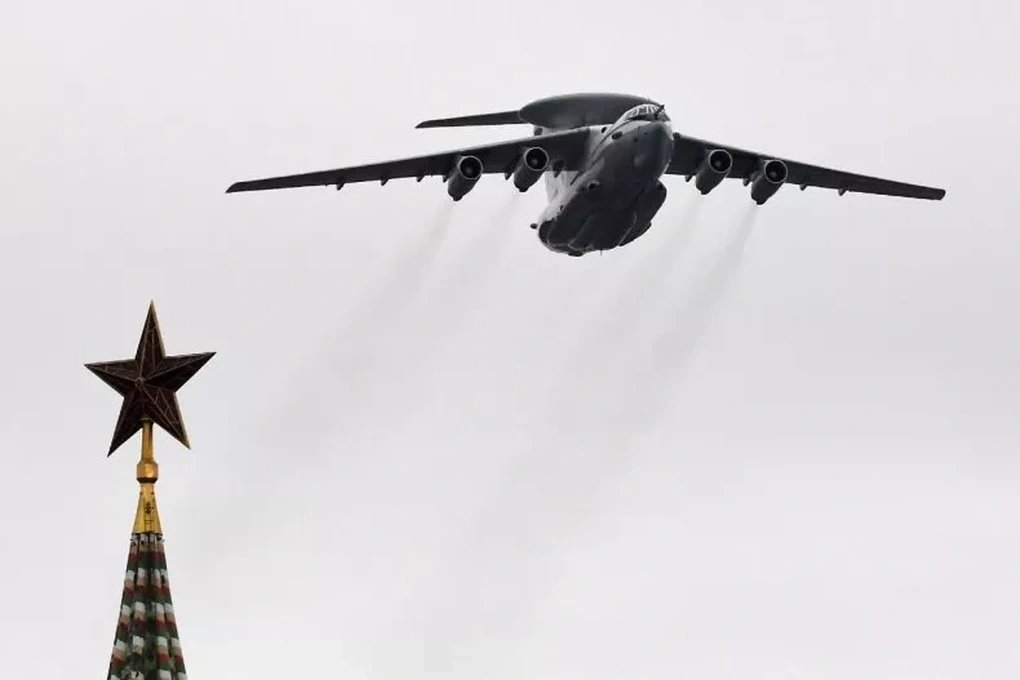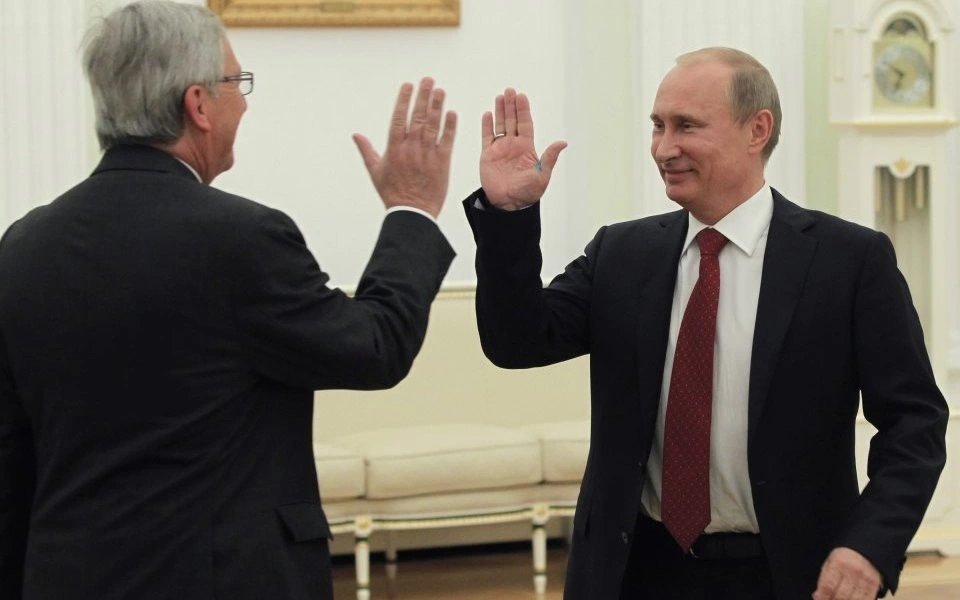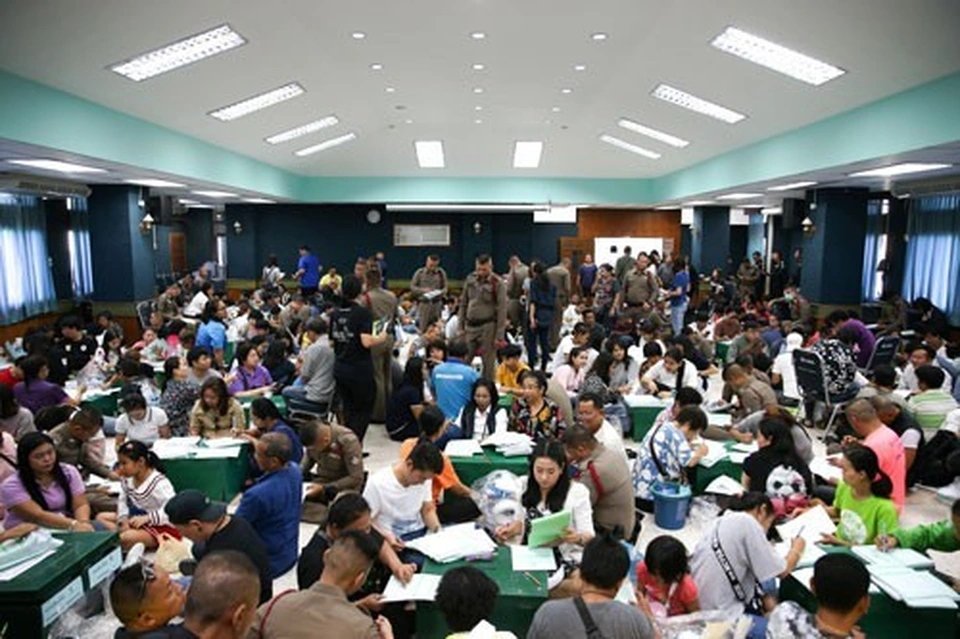
(Dan Tri) – The British Ministry of Defense said Russia has temporarily suspended the operation of its A-50 early warning aircraft fleet, after Ukraine announced it shot down its second aircraft within two months.
The A-50 is one of the rare aircraft models in the Russian arsenal (Photo: Russian Army).
In an intelligence update on March 2, the British Ministry of Defense said the Russian A-50 fleet may continue to be grounded while internal investigations take place to find out the reason why the plane crashed.
British officials said Russia was considering `how to minimize the threat that Ukraine’s air defense system continues to pose` to Russian aircraft.
The British Ministry of Defense said that not deploying the A-50 could `significantly reduce` Russia’s ability to perceive the situation on the ground.
Ukraine announced that it had shot down two Russian A-50 airborne early warning aircraft this year.
In addition to the two recently lost aircraft, an A-50 was also damaged when it was attacked by a drone while parked at a base in Belarus last year.
Russia has not commented on this information.
According to Forbes, Russia has nine A-50s, but six appear to be in need of an upgrade.
If Russia really loses two A-50s as Ukraine claims, Moscow may have only one left ready to do duty.
Kiev said Russian forces on the southern front are using unmanned aerial vehicles (UAVs) to compensate for the loss of `two A-50 spy planes`.
However, Ukraine believes that it is difficult for Russia to find a quick solution to replace the loss of one of the very rare and important aircraft in the arsenal.
Beriev A-50 aircraft help Russia search for Ukrainian air defense forces and coordinate attacks carried out by other Moscow aircraft.
UK-based drone expert Steve Wright said the A-50 has a “powerful radar that operates beyond the frequency of conventional cameras and is capable of detecting the movements of vehicles on the ground
The A-50U is known as the `magic eye` and `giant aerial data processing center` with the ability to detect and detect targets on the ground, in the air and on the water.
In fact, Russia is also building a new generation version of the A-50, the A-100, but this program has so far not been able to produce any A-100 that can be put into service.








